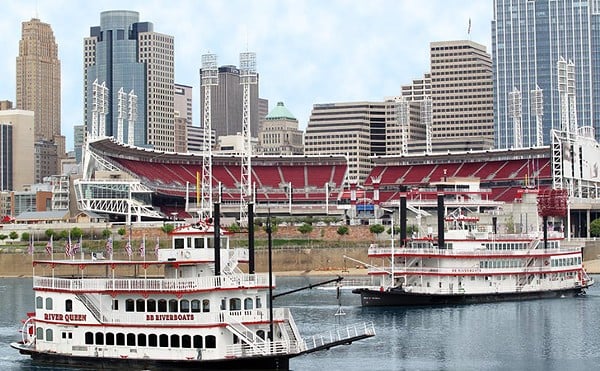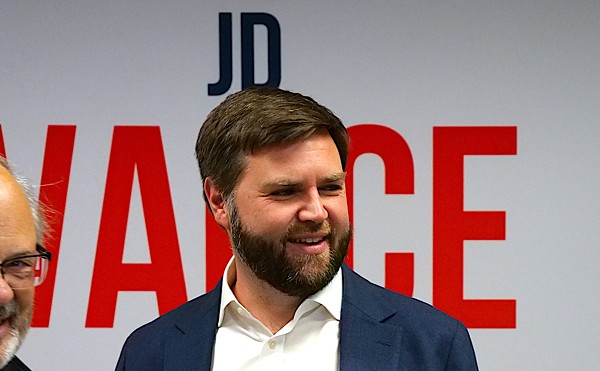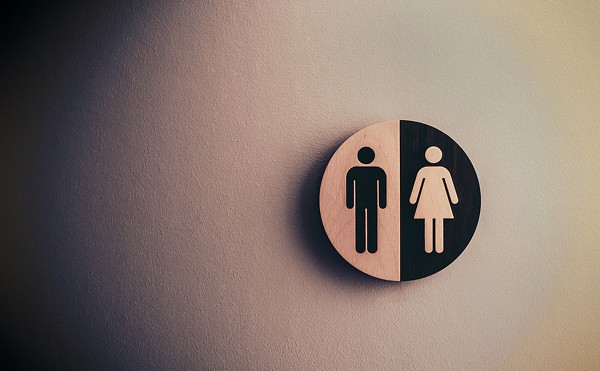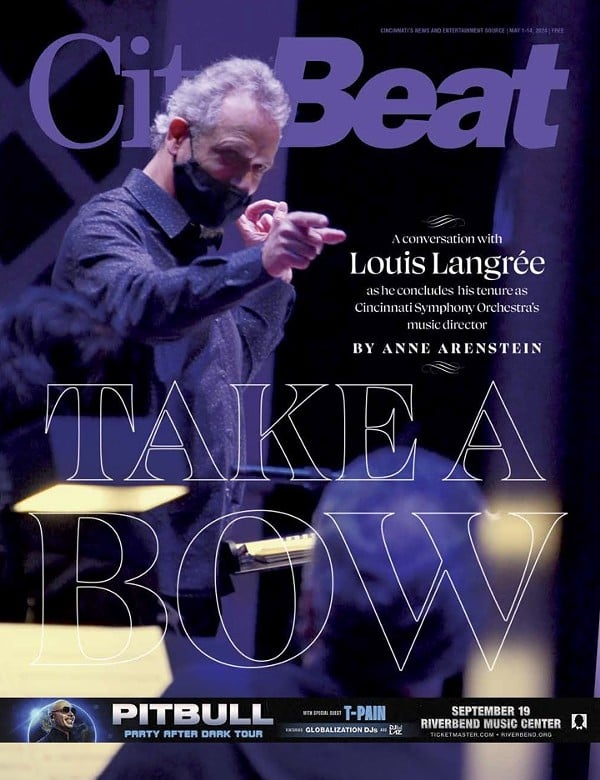Congress has announced its intention, if it's not done already, of limiting liabilities to large companies for Y2K disasters. So, no matter how badly a company hurts you, the individual, the consumer, your avenues for recourse will be limited.
What this is: Placing the welfare of corporate entities above that of the individual.
World business leaders recently came away from a meeting with the United Nations regarding the necessity of conducting international business according to UN principles of fairness, legality, human rights and so on. Many of our "leaders" lamented that this goal is somewhat unrealistic and will be hard to implement given hard-core business reality. Translation: International big business won't take a definite moral stance unless it has to. For that matter, the coalition between our national government and corporations has failed in demonstrating significant leadership regarding measures to protect the planet and ensure a viable future for future generations.
Did you ever notice that regulation, or deregulation, regarding corporate entities is the only mobile legislation we seem to have? It gets done. It changes.
It promotes large business. But preventing a business from hurting people, or true regulation, is a much more difficult feat. The bigger and more powerful the lobby, the more influence. But what this is is even beyond lobbying influence. It is simply faith in, and the love of, money to the point of excluding true humane thinking.
Small business, euphemism and mean government: All of this puts a new slant on the notion that we are becoming a "service" industry society. In fact, I recently overheard a bar owner referring to his activities as "being in the service business." What this is: Taking a business that provides a space for entertainment and relaxation at best, an encouragement for drug abuse and drunk driving at worst, then trying to verbally promote all of that into something it's not.
If you think about it, we have incorporated the deadliest drugs, alcohol and tobacco, into social acceptability. Acceptable, that is, unless your use, abuse or addiction gets out of hand and you need professional help — less socially acceptable than covering up the problem but available nonetheless. On the other hand, we have criminalized less dangerous forms of drug use, denying safer alternatives to even home "entertainment," and have effectively made rehabilitation for those with drug problems, even if voluntarily sought, illegal and punishable.
What this involves is a lack of democratic dialogue through misanthropic regulation of people, supported by propaganda, fear, warmongering — hence the drug war — and the desire for influence by police state-type entities over individual behavior, individual thinking and individual property. In fact, we have created so many crimes around a variety of personal activities not harmful to the person or property of others that we have significantly crippled law enforcement. This has become apparent to clear-seeing politicians, police and people in general, but any dialogue remains hidden under the threat of totalitarian action.
The bar owner's attempt to fit into the "service industry" might be viewed from the perspective that many sole proprietorships are disadvantaged since most incentives from big government go to big business. Since the Reagan years, the sole proprietor making $50,000 a year paid more income tax on the dollar than the wealthy entrepreneur making over $300,000. This has nothing to do with tax brackets per se. Instead, it is an end result. Play the money game as it is set up, incorporate, allow more scrutiny of your affairs, cooperate with big daddy, and you will get ahead. At the same time, big daddy is not the only government we have to contend with that is less than totally democratic. What this is: The debatable presumption that corporate welfare is welfare for all. Meanwhile, we maintain an unacceptable level of poverty and maldistribution of wealth. But of course, we blame this on the impoverished.
Simultaneously, we fail to influence factors such as immigration flow, birth rate and the depletion of ultimate capital — natural resources — in our own country. This is: An excessive focus on short-term profit without long-term goals.
Local governments are no better; maybe they're worse: Furthermore, we have a vary zany state and region of the country. Last week, we created an instant multimillionaire, again, through the Powerball lottery. The amount this individual won would finance a third of the money needed to update our public school buildings to existing codes.
We've spent the last seven years knowing the amount needed but haven't dented it. We will probably spend twice what is needed on stadiums. Conclusion: The city has its governmental and business priorities. They are not the benefit of the people. In fact, when one recalls the endless Larry Flynt fiascoes or remembers the Maplethorpe scandal, the realization that the federal government might actually be protecting us from the local or state government becomes a big revelation. Ironically, what should be a smaller, friendlier body of regulators either automatically lets things go the way of corporate intent or has a very warped view of how to run a city efficiently and effectively. What do they really do for us anyway; I can't tell. Can you?
As individuals, then, who are we?
We sit around in urban sprawl with the worst air quality in the nation. We refuse to look ahead but then scream when something happens to us. Most of us don't do any daily informative reading or study about our environment, our nation, our debates or the complicated and sometimes unscrupulous give and take surrounding us.
We live in corporately promoted filth and expect miracle cures for the effects on our bodies. Yet, we like to complain when government and big business run our lives. In fact, as we passively accept a more plastic world, those entities can and do control our lives. Even those truly smart, even the geniuses, throw up their hands in dismay, running from public "service" into profit-making modes or into the reclusive environments of academia and science. But all modes ultimately work together. Motives once described by words like loyalty, endurance, insight and faith are now summed up by the words "in God we trust," printed on paper money.
There are many ways we are stupid, in many forums, through many mechanisms. If we all had the ability to look back at our own lives at age 203, we could probably see our manifest stupidity. Some might take until 300 years of age. Individuals with true insight are rare, and even they are not always heroic. A lot of them just hide.
Collectively, we complain and blame. Despite our successes, we remain willfully stupid. While we keep glaring around us through the barrage of radiating waves containing a greater and greater percentage of useless information and hyperlinks, we hide what's inside. So we remain stupid within ourselves. What this is: The failure of us to promote an approach of insight and depth over puddles and fluff.
It's like the recent movie with two heroes, Dumb and Dumber. Teen-agers love that movie — maybe because they realize that it's far from being the dumbest thing around.





